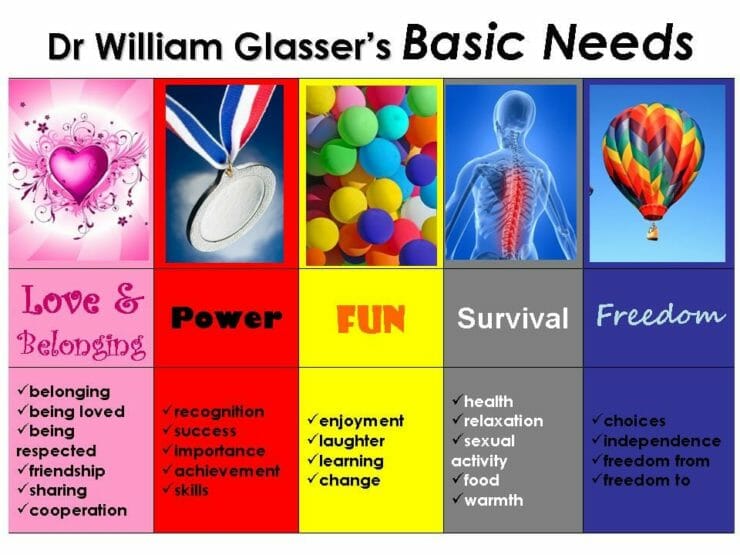
This is the last installment in the “I’m OK, You’re OK Parenting” series. To wrap up, I want to share some beliefs that have helped me as a parent, and also many of my clients, to adopt an I’m OK, You’re OK parenting mentality.
The best way to overcome guilt and shame is to adopt beliefs that strengthen our view of ourselves as OK (I’m OK) and of others as OK (You’re OK) – The I’m OK, You’re OK mindset. There are many ways to identify whether you are in another frame of mind. For example, If you are upset, or disappointed, if you lecture your kids, or want them to do something they do not want to do, if you are threatening them, punishing them, shouting at them or if you want to teach them a lesson, if you shame them, use name calling, or ridicule them, and if you think life needs to go your way “or else”, this generally means you are not in the I’m OK, You’re OK mode. This means your child is also learning this mindset and will most likely not be in the I’m OK, You’re OK mode either.















